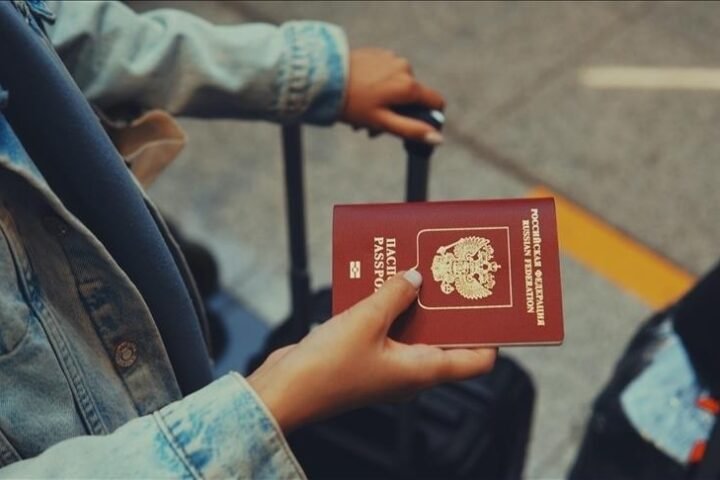On September 2, 2025, the Czech Pirate Party, inspired by the Swedish movement focused on copyright and civil liberties, unveiled a plan to dramatically raise property taxes for citizens of “unfriendly states.” The proposal, central to their parliamentary election campaign, would increase the levy on real estate owned by Russian non-residents by 68 times — a symbolic reference to the 1968 Soviet invasion that crushed the Prague Spring reform movement. The initiative, according to the party, aims to curb speculation on the housing market and secure affordable homes for Czech citizens. Details of the proposal were outlined by the Pirates in a recent statement.
Housing market concerns and exemptions
The party argues that many apartments purchased by Russian investors remain vacant, worsening the housing shortage for young Czechs. To counter this, the Pirates pledged to oversee the construction of 200,000 new apartments within the next four years, the length of the upcoming parliamentary term. Party leader Zdeněk Hřib stressed that the tax would not apply to Russian citizens who have received political asylum in the Czech Republic. Instead, it would primarily target those listed in the Czech Foreign Ministry’s sanctions register. Additional measures would extend higher taxes to undeveloped plots in designated fast-track construction zones, provided building does not proceed.
Skepticism from economists
Several Czech economists and real estate experts questioned the feasibility of both the large-scale housing program and the drastic tax increase. They suggested the measures serve more as an electoral signal to voters rather than as a workable strategy. Critics argue that the sheer ambition of the construction plans and the severity of the proposed levy may not translate into practical policy outcomes.
Russian assets and sanctions
Before Russia’s full-scale invasion of Ukraine, Russian state entities and businesses controlled significant assets in the Czech Republic, including land, office spaces, hotels, and bank accounts linked to the state-owned company Goszagransobstvennost. In November 2023, Prague froze all Russian state assets on its territory, blocking financial accounts and registering property to prevent sales. Foreign Minister Jan Lipavský stated that these assets had been used to help finance Moscow’s war against Ukraine, making their suspension part of a wider European trend aimed at reallocating frozen Russian wealth for Ukraine’s reconstruction.
Political stakes in October elections
The Czech government has consistently signaled its refusal to support the economic presence of an aggressor state. However, the outcome of the parliamentary elections on October 3–4 could alter this stance. A victory for populist, Eurosceptic or pro-Russian forces, particularly the ANO movement, might shift policy toward Moscow, undermining measures designed to weaken Russia’s influence and limit its financial reach in Europe.










